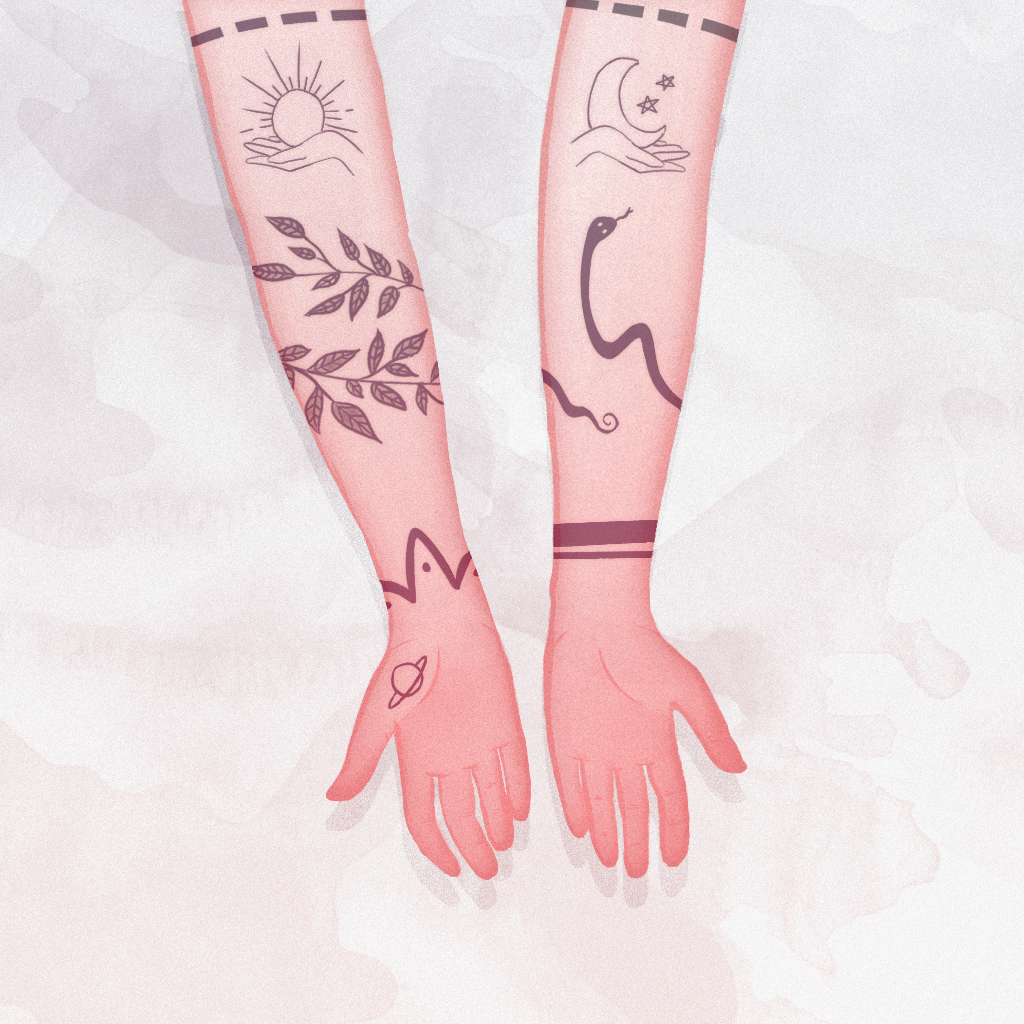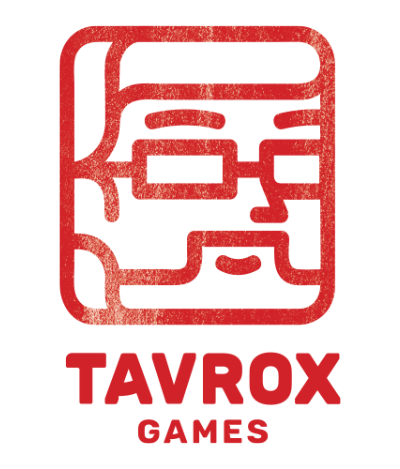Léonard Bertos is a skilled and innovative Narrative Designer at Globlinz Studio. He also took part in Neurodeck’s development.
What is the experience that definitely made you fall in love with your job?
I fell in love with the job before it was a job. This non-job was modding games. It started with Warcraft III, which was more like playing Playmobils at that age, then I discovered how powerful it could get with Starcraft and triggers and I made an infiltration game out of it. Years later, I released Castel Uvirith, a big – and strange – mod for Morrowind and les Chroniques Gargantuines, an Age-of-Empire campaign about Gargantua.
I wasn’t even sure that writing for video games was an actual job back then. In fact, the position is still very new. The title itself is sometimes used to say either “game designer working with the writer” or “actually a writer with game design skills.” I’m more like the second one.
What is the most challenging part of your job?
To me, designing is the most challenging part. In my job, I still prefer the “game design first, then writing” process rather than the other way around because I feel like it gives me a solid basis to work with. But when I need to create a whole narration system that must be fairly cheap, save space, not break the gameplay flow, not need too much reading, can generate random quests and be translated into every possible language? Oh, boy.
Luckily, I keep in touch with other narrative designers if I get stuck. Turns out, sometimes, that what seems impossible to solve actually is. And you must make choices. Then, you must be able to work within this tight scope which can stimulate your creativity very much.

What has Neurodeck taught you about mental health?
Maybe the virtue of plain, explicit allegory? Tavrox had a specific vision of the effect he wanted to make on the player but he needed a hand on the achievement. I just helped the team to find a way to achieve it, mostly during brainstorming sessions. According to the players, it seems to work pretty well. Using “Hug” to get rid of “Something-phobia” takes part in an inner ritual.
I was already kind of convinced that catharsis was a real thing, including in video games. For instance, Doom has a splendid effect on my mood. Neurodeck only raises awareness on the process and approaches a lot of different fears.
Did you sometimes feel like you lacked information about mental health?
I’m not sure but since we considered making a game much sharper about actual psychiatry and psychology than it turns out to be, and since I’m deeply convinced it works better as it is now, I guess I learned that mental health is not only about talking to a professional (therapist, priest or mom) but also using simple hygienic everyday helpers to face someone’s problems?
Clinging to day-to-day life to fight inner fears is particularly eloquent nowadays with the pandemic because we don’t have access to a huge part of our hobbies that help us to bear the difficulties of life.
Is there a phobia or a card that reminds you of a special event in your life?
I guess Tattoos is a good example. I used to be scared a lot about not having enough food, probably because of some childhood events and student poverty. I ended up getting a venison tattoo on my belly, giving the impression that it was always full or as if I have always been able to fulfill my hunter-gatherer duty. I have never been afraid of hunger since then.


